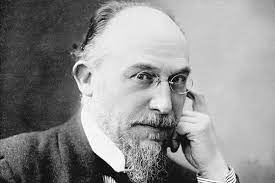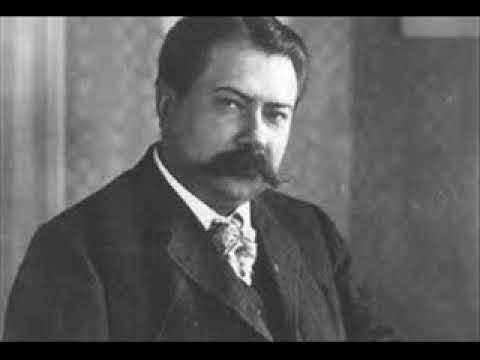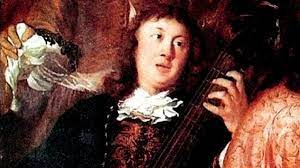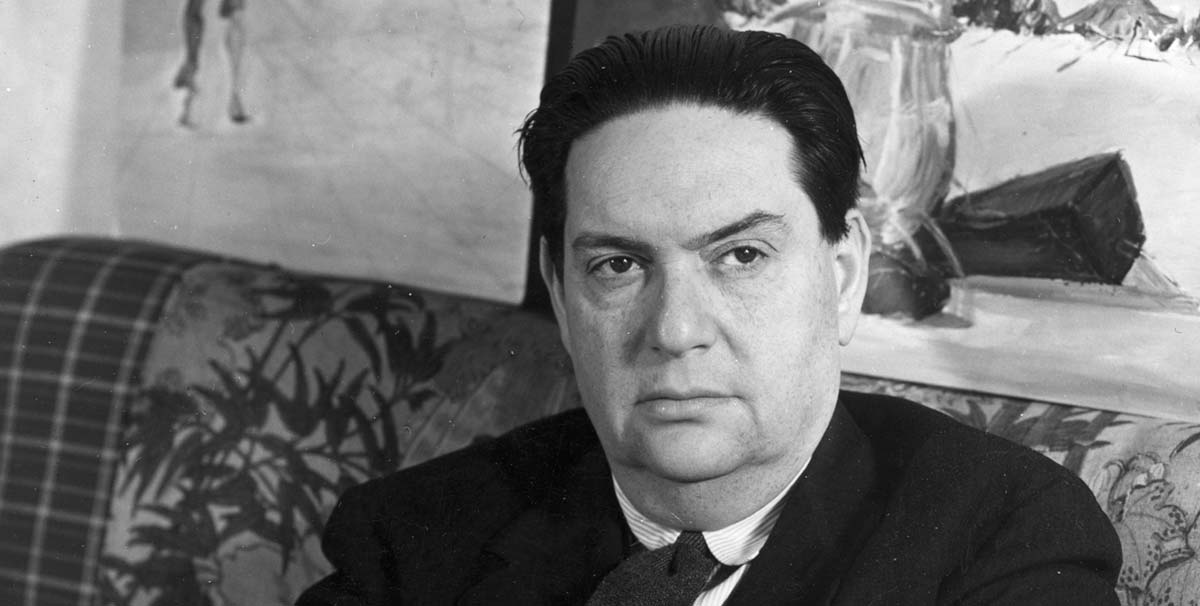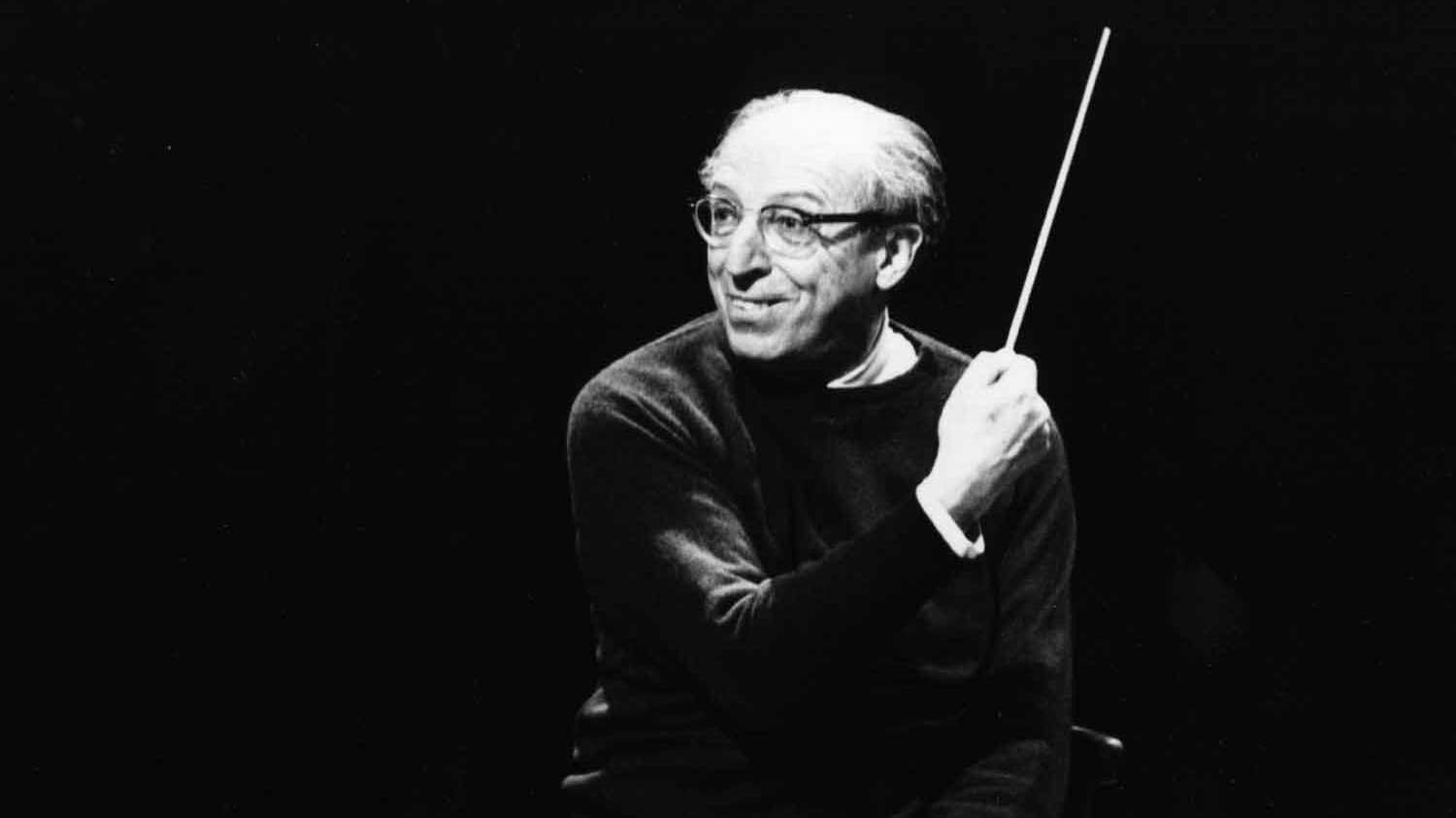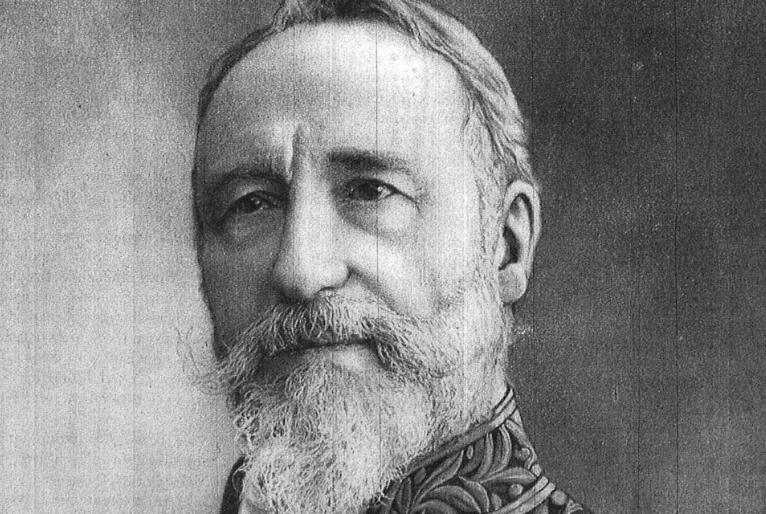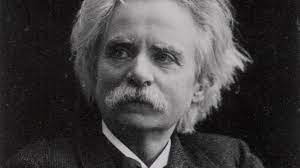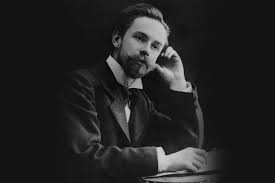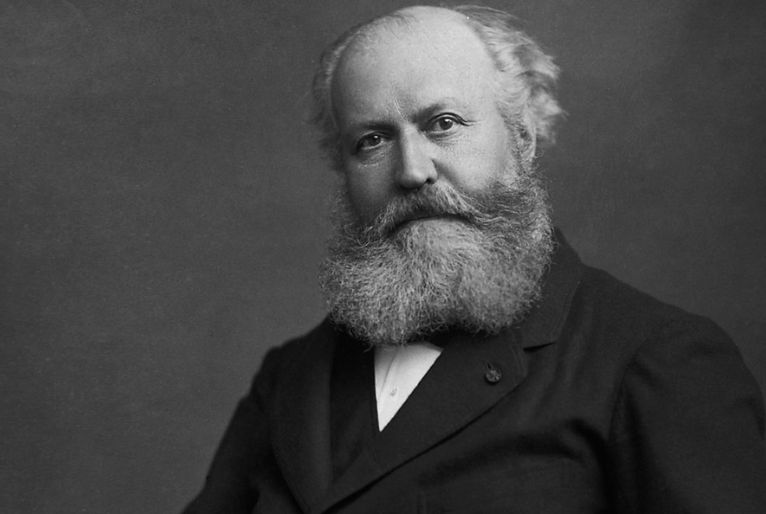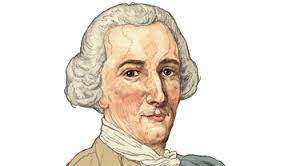Erik Satie was a French composer and pianist known for his eccentric personality and groundbreaking contributions to classical music. Here are 10 intriguing facts about this enigmatic figure:
1- Early Musical Talent: Born on May 17, 1866, in Honfleur, France, Satie displayed musical talent at a young age. He began piano lessons at the age of six and quickly showed a knack for composition.
Tor Aulin was a prominent Swedish composer and violinist of the late 19th and early 20th centuries. While perhaps not as widely recognized as some of his contemporaries, such as Grieg or Sibelius, Aulin made significant contributions to the classical music scene. Here are 10 interesting facts about this accomplished musician:
1 - Early Prodigy: Tor Aulin was born on September 10, 1866, in Stockholm, Sweden. He showed prodigious musical talent from a young age, starting violin lessons at just five years old.
Darius Milhaud, a pioneering figure in 20th-century classical music, left an indelible mark on the world with his innovative compositions and boundless creativity. Born on September 4, 1892, in Aix-en-Provence, France, Milhaud exhibited a profound musical talent from a young age. Growing up in a culturally rich environment, he was exposed to various musical influences, including the works of Debussy and Ravel, which would later shape his own musical style.
Milhaud's formal musical education began at the Paris Conservatoire, where he studied under renowned composers such as Charles Widor and Vincent d'Indy. Despite facing opposition from some of his instructors due to his unconventional approach to composition, Milhaud remained steadfast in his pursuit of innovation.
Aaron Copland, one of America's most celebrated composers, left an indelible mark on the world of classical music. Here are 10 fascinating facts about his life and work:
1 - American Pioneer: Aaron Copland was born on November 14, 1900, in Brooklyn, New York. He was raised in a Lithuanian Jewish family and was the youngest of five children.
Théodore Dubois, a luminary of the French musical scene in the 19th century, orchestrated his life with the same finesse and creativity with which he composed his music. Born on August 24, 1837, in Rosnay, France, Dubois exhibited a profound affinity for music from a tender age.
Dubois's journey into the world of music began with humble yet determined steps. Recognizing his prodigious talent, his family arranged for him to receive formal musical education at the Paris Conservatoire. Under the tutelage of prominent composers such as Ambroise Thomas and François Bazin, Dubois honed his skills in composition, counterpoint, and harmony, laying the foundation for his future triumphs.
Edvard Hagerup Grieg, the renowned Norwegian composer, remains one of the most celebrated figures in classical music history. Born on June 15, 1843, in Bergen, Norway, Grieg displayed his musical talents from a young age. His mother, Gesine Judith Grieg, recognized his potential and encouraged his musical education.
Grieg's early musical training began when he was just six years old, learning the piano from his mother. His formal education in music started at the age of 15 when he entered the Leipzig Conservatory in Germany. It was here that he honed his skills in composition under the guidance of renowned composers such as Ignaz Moscheles and Carl Reinecke.
Alexander Scriabin was a Russian composer and pianist whose innovative and visionary works left an indelible mark on the landscape of classical music. Born on January 6, 1872, in Moscow, Scriabin displayed prodigious musical talent from a young age. He began studying piano and music theory at the Moscow Conservatory at the age of eleven, where he quickly distinguished himself as a brilliant student.
Scriabin's early compositions were influenced by the Romantic tradition, particularly the works of Frédéric Chopin and Franz Liszt. However, as he matured as a composer, he began to develop his own unique style, characterized by lush harmonies, complex rhythms, and a highly expressive use of chromaticism.
Charles-François Gounod, the celebrated French composer, was born on June 17, 1818, in Paris, France. His life's melody wove through the Romantic era, leaving an indelible mark on the history of classical music.
Gounod's passion for music was ignited at an early age. Born into a family with artistic inclinations, he received his initial musical education from his mother, a pianist. His precocious talent was evident, and by the age of six, he was already playing the piano proficiently. Recognizing his potential, his family enrolled him in the Paris Conservatoire at the tender age of ten.
Baldassare Galuppi, an Italian composer of the Baroque and early Classical periods, left an indelible mark on the world of music with his innovative compositions and influential contributions. Here are 10 fascinating facts about this remarkable musician:
1 - Early Life: Galuppi was born on October 18, 1706, in the Venetian Republic. From an early age, he displayed a prodigious talent for music, receiving his initial training from his father, a barber and violinist.
